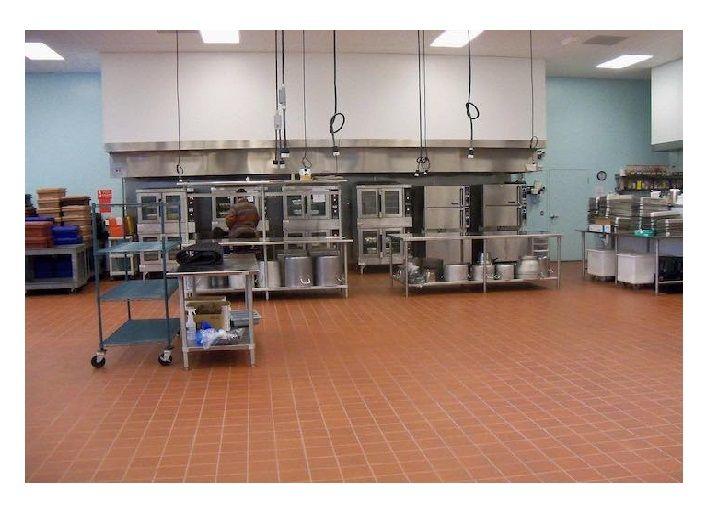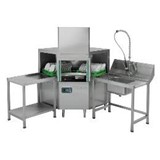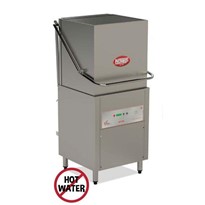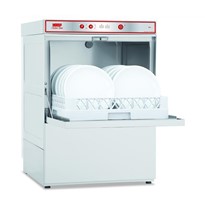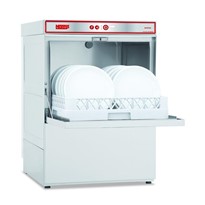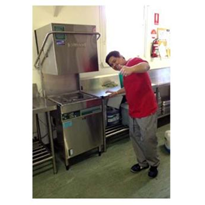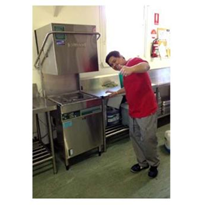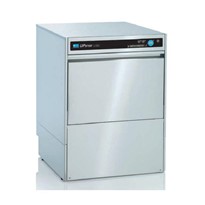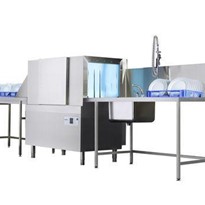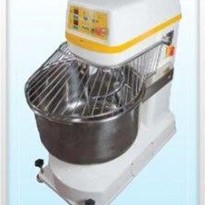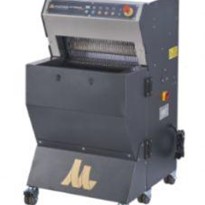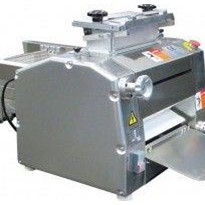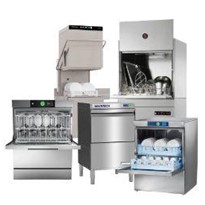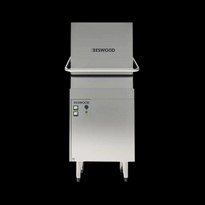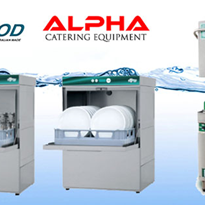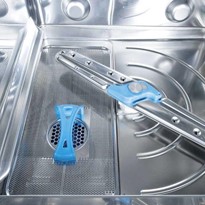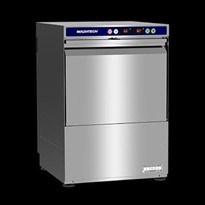Many businesses like your own, have opted to take the plunge and invest in a commercial dishwasher solution and reap the rewards. For those who have made a decision to purchase a dishwasher, the next step is choosing the right machine for your business.
However, buying a commercial dishwasher for your restaurant, hotel, or café is a decision you do not want to take likely as you will be investing a considerable sum. Your purchase decision will weigh heavily on the volume of crockery, pots, glasses and utensils you will be washing daily. Depending on the state or country you reside, health codes will vary and at times considerably, so this too may affect your decision.
So, to help you more easily decide what solution is best for your business needs, we have compiled a list of the most frequently asked questions most restaurateurs ask before purchasing a commercial dishwasher.
Are dishwashers as effective as hand washing?
The talk around dishwashers vs hand washing has debated since the '50s, however, with advancements in technology, the case for dishwashers is indisputable, below we highlight ten reasons why dishwashers do a better job than hand washing;
- More hygienic - to effectively kill bacteria water temperatures need to reach at least 77°C for 30 seconds during the wash cycle, making it virtually impossible to maintain a consistent tub temperature when hand washing
- Easier on hands - dipping your hands in detergent solution, day in and day out is not exactly great on your hands, and wear gloves for long periods is not only uncomfortable but limits blood flow to hands
- Fewer breakages - less handling equals fewer breakages
- Increased time savings - spending less time at the sink provides more time to dedicate to other duties around the kitchen
- Save on staffing costs - busy commercial kitchens will see significant reductions in staffing costs
- Water savings - not only do dishwashers uses way less water than hand washing, but there is no longer a need to pre-wash dishes, further reduces water usage and environmental impact
- Energy-efficient - commercial washers have become increasingly more energy efficient over the years, with improved operational efficiency and reduced cycle times
- Less detergent - less water, better washing efficiency, and less soap to get the job done and lower environmental impact
- No linen required - no more hand drying and polishing, no only frees up staff time, but prevents cross-contamination through dirty linen
- They do a better job - you get better results, faster with no watermarks or stains and reduced breakages for less cost.
How long is the average dishwasher cycle?
Although the benefits of commercial dishwashers are numerous, perhaps one of their most saleable points is speed. The majority of Norris machines, in particular, have wash cycles of less than a minute—compared with the long run times of domestic dishwashers, commercial washers are a must-have for businesses in the foodservice industry. Capable of washing between 20-200 racks per hour, speed does come at a cost with increased energy consumption, especially in models with high-capacity and turnover rates. Why are commercial dishwashers so fast?
Why are commercial dishwashers so fast?
Due to the sheer size and competitiveness of the hospitality industry market, today's commercial kitchens are under significant pressure to serve an increasing number of customers during peak periods. High customer turnover requires a constant demand for clean dishes to plate and serve customers. Dishwashers have met the needs of restaurants, bars and cafes by answering the dilemma of capacity vs customer satisfaction perfectly.
High capacity dishwashers now hygienically wash and sanitise racks of dishes within a minute compared with slow wash cycles of domestic washers which can take up to 2 hours. The benefits are ever-present for business owners which reduced operational costs, improved customer satisfaction and fewer breakages.
Are dishwashers high on energy consumption?
Modern commercial dishwashers are more energy-efficient than washers a few decades ago; however, they do consume more electricity than their domestic counterparts. This increased energy consumption is due to their speed of operation, they are required to clean and sanitise in a short timeframe (within one minute) and thus use a lot of power. In commercial applications, electricity consumption will vary greatly depending on the machine's wash capacity and drying options.
Cost savings can be achieved by plumbing hot water directly into the dishwasher, lowering the time and energy required to bring the water up to temperature with each wash cycle. An example of how some manufacturers are striving to solve the need to clean fast and safely while using less power is the Norris AP series; ‘connect to cold’ feature. And, finally, significant cost-savings can be achieved through the installation of solar panels in your place of business.
Are dishwashers more water-efficient than hand washing?
Generally, commercial dishwashers consume less water than hand washing. A typical dishwasher uses up to 2.2 gallons per rack (GPR). Meanwhile, the high-efficiency models consume as low as 0.95 GPR. Water consumption in hand washing could be nine times higher than your dishwasher's usage. Putting these figures into perspective for commercial applications; dishwashers save more than 100,000 gallons of water annually when compared to hand washing.


